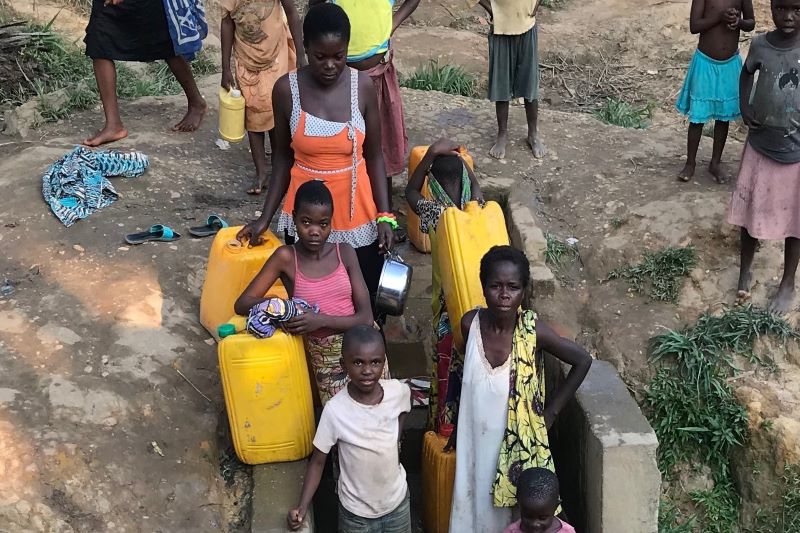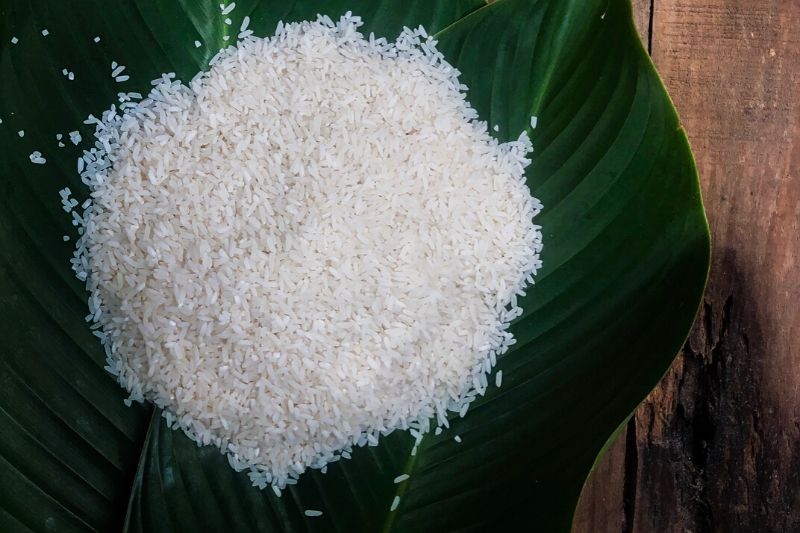Food Integrity
This theme addresses the major global challenges of food authenticity, safety and fraud, with researchers encompassing wide expertise across chemical-contaminant detection, food microbiology and food-systems traceability and transparency.
Researchers also investigate the health risks posed by contamination and seek to develop novel approaches to pre-emptively mitigate risk. In recent years, this theme has undergone significant expansion, particularly in increasing capacity in mass spectrometry, strengthening the ability to develop innovative approaches. Its ASSET lab is listed as a ‘Centre of Expertise’ by the Food Authenticity Network, a UK government initiative. The lab has also been awarded industry accreditation ISO/IEC 17025 for authenticity testing of herbs and spices.
Theme members have demonstrated major industrial, economic and societal impact, eg., following the aftermath of the 2013 horsemeat scandal, theme lead Professor Chris Elliott OBE conducted the UK Government review, the Elliott Report, leading to a rapid expansion in food-authenticity activity at IGFS and indeed across the UK. Since then, this theme has worked closely with industry to develop risk-management tools and traceability systems to help improve food integrity, nationally and internationally.
Consisting of 16 academic staff (1 ECR), 23 Post-doc Research Fellows and 28 PhD students, the team has attracted over £15M research income since 2014, including £6M from H2020 and BBSRC. It hosts the UKRI-BBSRC DTP 'FoodBioSystems' (£2M IGFS, 2020-28); the EU MONPLAS Innovation training network (€6M, 2020-23); the EU-China-Safe project (€6M, 2017-22); and most recently was awarded the Agilent Thought Leaders Award (£1.5M, 2021-24).
PROJECT CASE-STUDIES
Research Expertise in Food Integrity
|
|
|
|
|
|
|
|
|
Theme Members:
- Professor Chris Elliott
- Professor Andy Meharg
- Professor Katrina Campbell
- Professor Lisa Connolly
- Professor Mark Mooney
- Professor Rudi Krska
- Professor Paula Bourke
- Professor Saskia Van Ruth
- Professor Lynne Vanhaecke
- Professor Paul Brereton
- Professor Seamus Fanning
- Dr Cuong Cao
- Dr Caroline Meharg
- Dr Tassos Koidis
- Dr Chen Situ
- Dr Paul Williams



